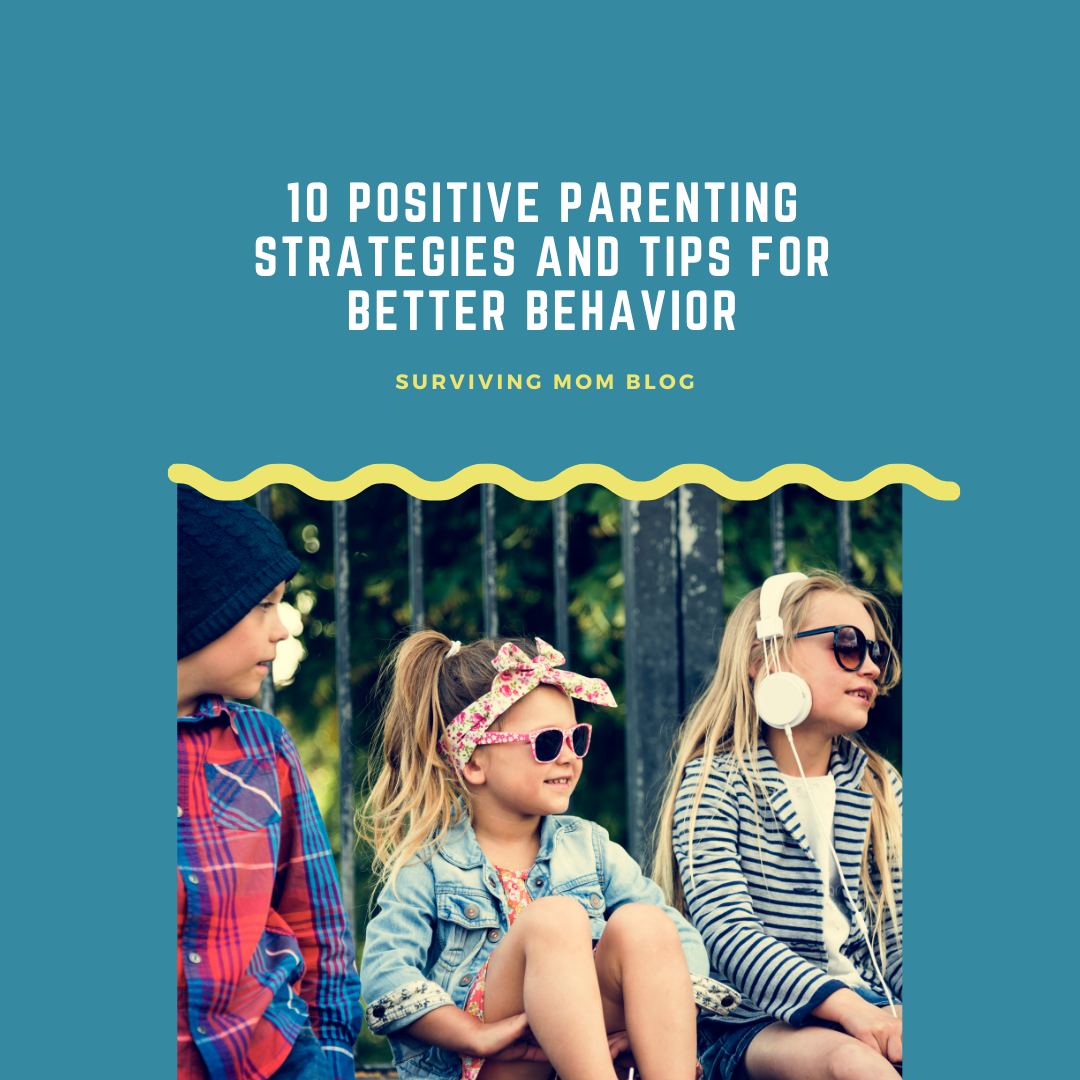
As I discussed in my last post, positive parenting stresses the importance of children understanding parents’ expectations and rules. This is done so kids develop good morals and values. When children misbehave, parents are encouraged to have empathy and find the cause of the misbehavior. The focus of this post is how to implement positive parenting strategies and tips.
Positive Parenting Overview
Positive parenting focuses on children learning the importance of appropriate behavior. Parents and children show one another respect, and there is open communication. When speaking with children, it is important to use positive language and positive reinforcement.
Expectations should be age and developmentally appropriate. They should also be given in advance to prepare children for upcoming situations and set them up for success. When possible, children are given the opportunity to learn from their mistakes through natural consequences. Discipline in the form of logical consequences needs to be reasonable, related to the action, and respectful. Consequences also need to be consistent. As opposed to yelling, parents should speak firmly and clearly. To get more detailed information about positive parenting click here.
10 POSITIVE PARENTING STRATEGIES AND TIPS
(1) Model appropriate behavior
Our kids look to us to see right from wrong and appropriate versus inappropriate behavior. We cannot expect our children to follow the rules and emotionally regulate if we aren’t displaying healthy behavior. Therefore, it is important to model:
- Healthy coping strategies
- It is okay to not always be okay
- We need time to ourselves to calm down
- Implementing a self-care routine
- Apologizing and acknowledging mistakes
- Setting boundaries in all of our relationships
- Treating others and ourselves with respect and kindness
- Talking about our feelings
- Emotional regulation tools
Understand that kids deserve empathy too- Just as we will have bad days and bad moods, so will kids. If your child is struggling, allow them to express their feelings. Give them an opportunity to explain why they are acting out, or if they are young, try to help them through their outburst. Young kids don’t have the ability to communicate and so they get overwhelmed and frustrated. It is important to help our children to deal with their emotions rather than rush to consequences. Encourage them to come to you and to identify their emotions using “I feel_________.”
There are times when your kid will have to ride out their feelings (just like adults), but other times there are strategies (example- breathing exercises, drawing a picture) that can be used to deal with their emotions in a healthy way. There also should be designated areas that your child can go to if he just wants to scream or cry or process feelings alone (parentingforbrain.com, 2020)
(2) Stay calm
I know this positive parenting tip is a very difficult one for many of us, myself included. However, I know from personal experience that if I begin a conversation with my husband or my child when my emotions are already elevated, it will inevitably turn into a very heated discussion/argument.
If your child has acted out and everyone is feeling upset, it is best for everyone to get some space and decompress individually. Your child should be told to go to a space that is designated to process feelings and help to calm down. Instead of a time-out being seen as a punishment, it should be used as an opportunity to take a break and come back together with a calmer headspace. Your child will be more receptive to having a conversation when given this time.
My daughter has a beanbag chair in her room with other toys that help her to emotionally regulate (a squeeze ball, a toy that you blow air into, a weighted blanket). She is asked to go to her “calming corner” as opposed to me calling it a time-out.
There are times when a time-in is necessary. If I see my daughter is upset and needs help to process her feelings, I may ask to take a break first so I’m in a better position to listen to her calmly. Once I’m calmer, I’m more equipped to help her through her feelings and process what is bothering her (parents.com, 2018).
It is important to understand that being calmer doesn’t mean that people don’t still feel emotions. I can be calmer but still feel angry or hurt. However, giving ourselves an opportunity to process our own emotions first before speaking with another is always a good rule of thumb.
Depending on the expectations set in advance and the cause of the behavior, consequences may be given. However, it is important to give your child the opportunity to calm down first and process his/her feelings.
(3) Prioritize connection with your child
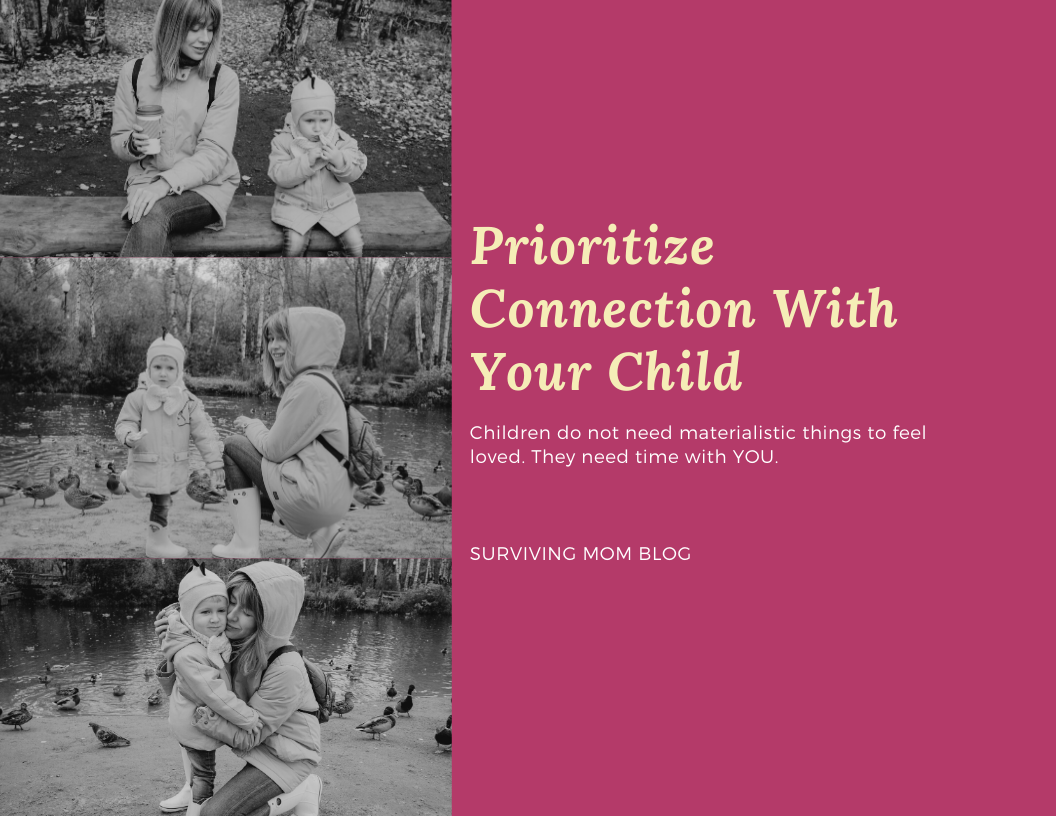
Children do not need materialistic things to feel loved. They need time with YOU. We all have busy lives and are juggling endless responsibilities, and I know it feels like we are being pulled in a million directions all the time. However, even 15 minutes of quality time with your child a day does wonders for their well-being. When your children feel that they are getting attention and that your time with them matters, it strengthens your bond with your child. This in turn helps them to feel loved and safe, and to feel that they can come to you with their feelings.
I have mentioned in prior articles that I implement what I call “fun-time” with my daughter. For a minimum of 15 minutes a day, I play with daughter without my phone or any other distractions. She has my undivided attention. Furthermore, she gets to choose the activity to ensure that it is something that she will truly enjoy. She looks forward to this time together and knows that no matter what is going on, it is something she can count on daily. Quality time should never be taken away as a form of discipline.
Positive parenting is about teaching and helping our children to learn and grow, but part of parenting is having fun with our kids. Attention should be given emotionally as well as physically and verbally. Tell your child often that you love them. Give hugs and kisses, but be respectful if they are not as affectionate and follow their lead. Laughing and playing with our children is important for their development and it is a beautiful part of parenting.
(4) Allow kids to make decisions
Children from a very young age try asserting their independence. It is important to give them opportunities to have input or make a choice. Would they like an apple or an orange for a snack? Would they like to wear the boots or sneakers? What book would they like to read? The more opportunities kids have to voice their opinion, the more empowered they feel. This lessens the likelihood of power struggles. Additionally, it helps foster independence, self-sufficiency, and self-confidence.
(5) Pick your battles
A positive parenting strategy is focusing on all the ways your child behaves instead of their negative behaviors. When it is possible to ignore a negative behavior, do so. That doesn’t mean to turn a blind eye to behavior that is unacceptable. Rather, ask yourself if it is a big problem or a small one. Sometimes ignoring unwanted behavior will get a child to stop doing it rather than giving them attention for it. If it is necessary to point something out, try to keep the feedback to a minimum. Save the more lengthy acknowledgments for positive behavior. Kids want attention and will act out to get a reaction, as a negative reaction is better to them than no reaction at all. If you react more to the positives and less/as little as possible to the negatives, they are more likely to behave in a positive way (ptaourchildren.org, 2019).
(6) Encourage kids to be self-sufficient and figure things out for themselves
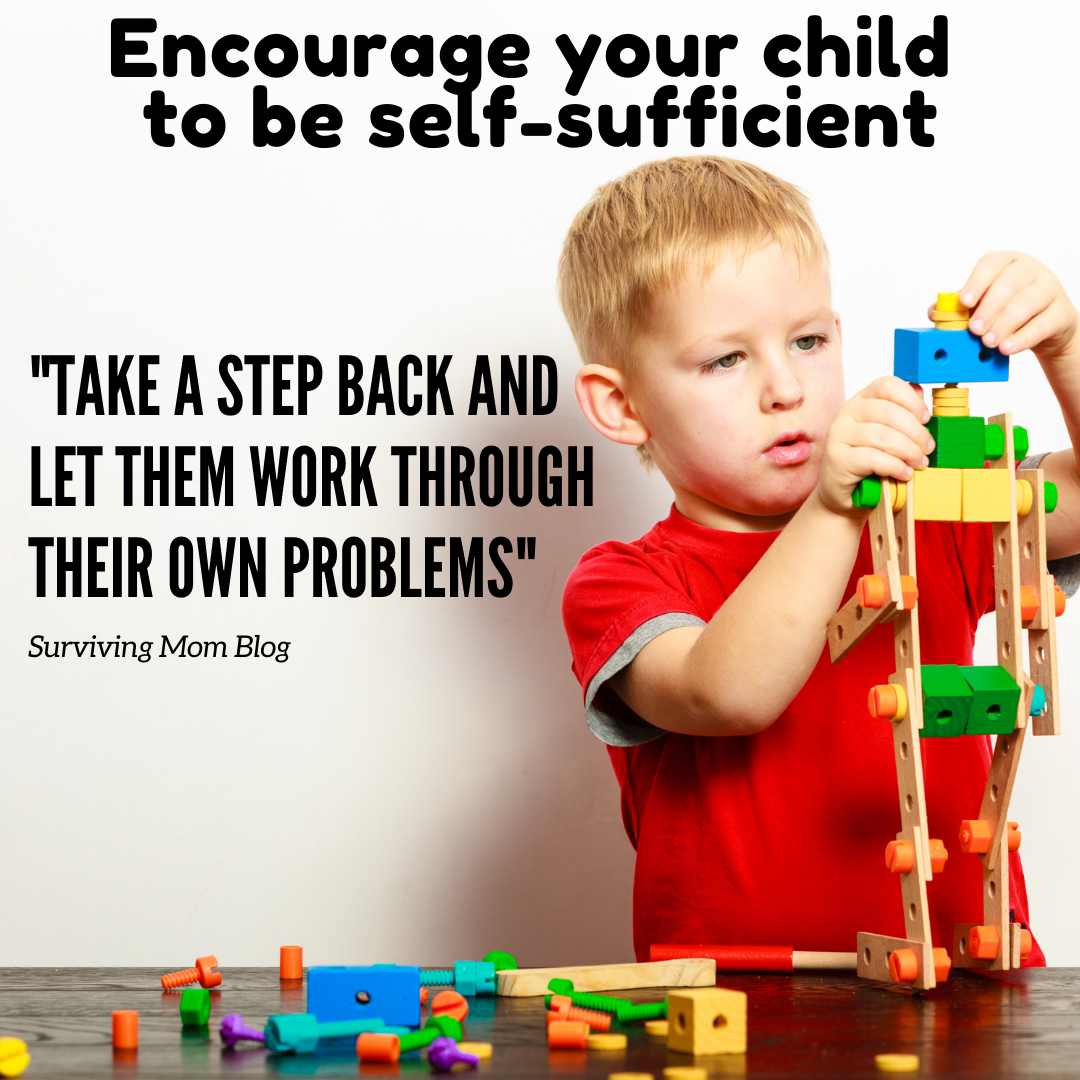
As much as it hurts us to see our children struggle, there are times when we have to take a step back and let them work through their own problems. Teaching self-sufficiency is a crucial component of positive parenting.
For example, my daughter lost her shoes a week ago. I often help her find her stuff because she tends to misplace her things regularly due to her difficulty with focusing. However, I realized I am doing her a disservice by not allowing her to look for her own stuff. I told her that she is capable of finding her shoes. When she started to get frustrated, I suggested she retrace her steps and kept encouraging her to look for them. She eventually found her shoes, and the look of accomplishment on her face when she found them was priceless.
If your child is struggling to do a math problem or to tie his own shoe, give them an opportunity to do it themselves. Don’t rush to step in and help. Even if your child doesn’t figure it out, they will learn the importance of trying to do things themselves. It also teaches a valuable lesson that we aren’t perfect and that trying is what matters.
(7) Find opportunities to say yes
There are times when there needs to be a hard “no,” and I am by no means encouraging indulging our children’s every wants and requests. However, when possible, try to say “yes” instead of “no.” This encourages children to respect and honor our boundaries when we save our “no” for the important matters. If your child asks for something that can’t be done at the present time, offer an alternative or redirection. For example, “I would love to go to the park! Would you like to go tomorrow or on Thursday?” or, “That looks like a really cool toy. Let’s add it to your wish list!” If we say no to everything, it loses its meaning and importance.
(8) Give warnings
We want to set our kids up for success and increase appropriate behavior. Therefore, try to give warnings to allow kids to be prepared and to help with transitions. Before my daughter has to leave somewhere, I try to give her a fifteen, five, and then two-minute warning. My daughter has difficult with directions and time management, so giving numerous warnings is helpful for her. The amount of warnings you give will vary based on the age and/or development of the child.
(9) Have patience
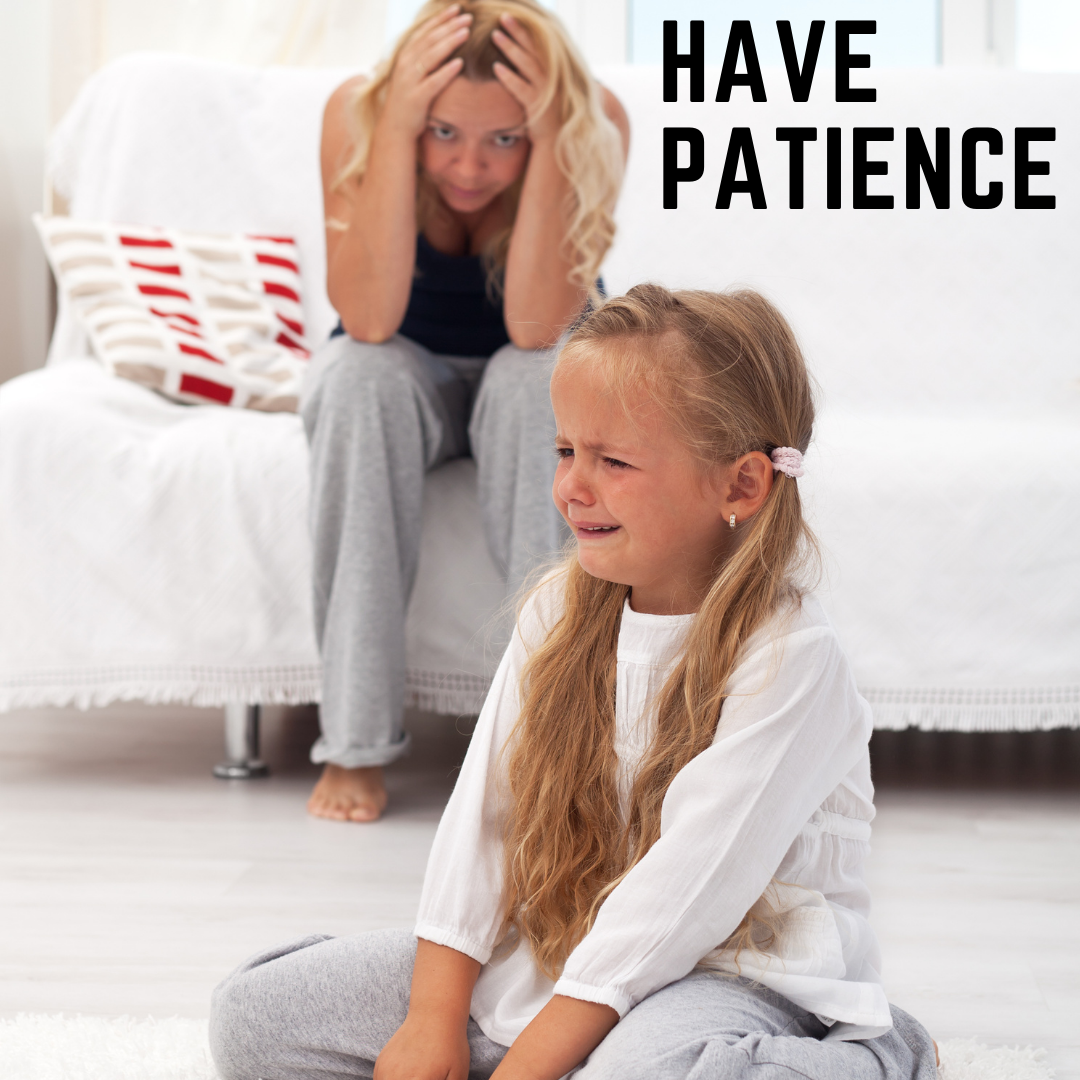
Positive parenting strategies and tips don’t result in changes overnight. When we aren’t using a more forceful means of parenting our child, our child may not cooperate at first. We need to understand that behavioral changes will not take place overnight. It is an adjustment for both parent and child, and parents need to give themselves compassion and understand we might feel more emotionally charged at first using this type of method. Having patience for ourselves and our children will help to make this type of parenting change.
(10) Be open to what your child is saying
Rules are meant to help our children and keep them safe, but with positive parenting, it is important to allow our child to have input. There are times when things are non-negotiable, but children should be allowed to offer their perspective. This gives them a voice and makes them feel like their opinions matter. There are times when my daughter has made a valid point and I’ve changed my mind. Other times I listen to her, but kindly and firmly tell her that my decision stands. Encouraging our children to state their opinion and speak up for themselves does not mean parents should allow children to dictate or be argumentative. However, the goal of positive parenting is for kids to understand why parents are setting rules and expectations so they can learn for themselves how to make proper choices.
Implementing positive parenting strategies and tips is not easy. Quite the opposite. Positive parenting takes a lot of patience, understanding, and open communication. However, the benefits of positive parenting are instrumental. Our biggest responsibility as parents is to raise our children to be well-adjusted, kind, self-sufficient individuals. Positive parenting encourages parents to model healthy coping mechanisms and prioritize their own well-being, allowing both parents and children to thrive.

Not all children are the same, and what works for one child may not work for another. Even if all aspects of positive parenting aren’t best for your child, you can select which positive parenting strategies and tips work best with your parenting style. Tailor your parenting to your child, and remember that parenting is fluid. Learning different parenting styles and strategies help you make informed choices, and that is essential for parenting.
Disclaimer
This post may contain affiliate links. If you purchase a product via my link I may receive a small commission at no additional cost to you. Please visit our disclaimers here


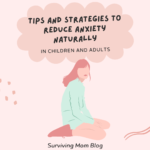
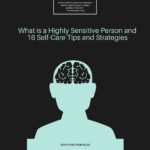

Naomi P Lane says:
You hit on one of my core beliefs as a teacher and parent here; say YES as often as possible. There is nothing more empowering to a child than having an adult affirm what they are saying. It builds trust and self- confidence and makes kids want to do more. Never underestimate the power of this little word.
Randi says:
I agree. Saying “yes” when possible has huge benefits both for the child and the parent. Thank you so much for your feedback! I’m glad it resonated with you!